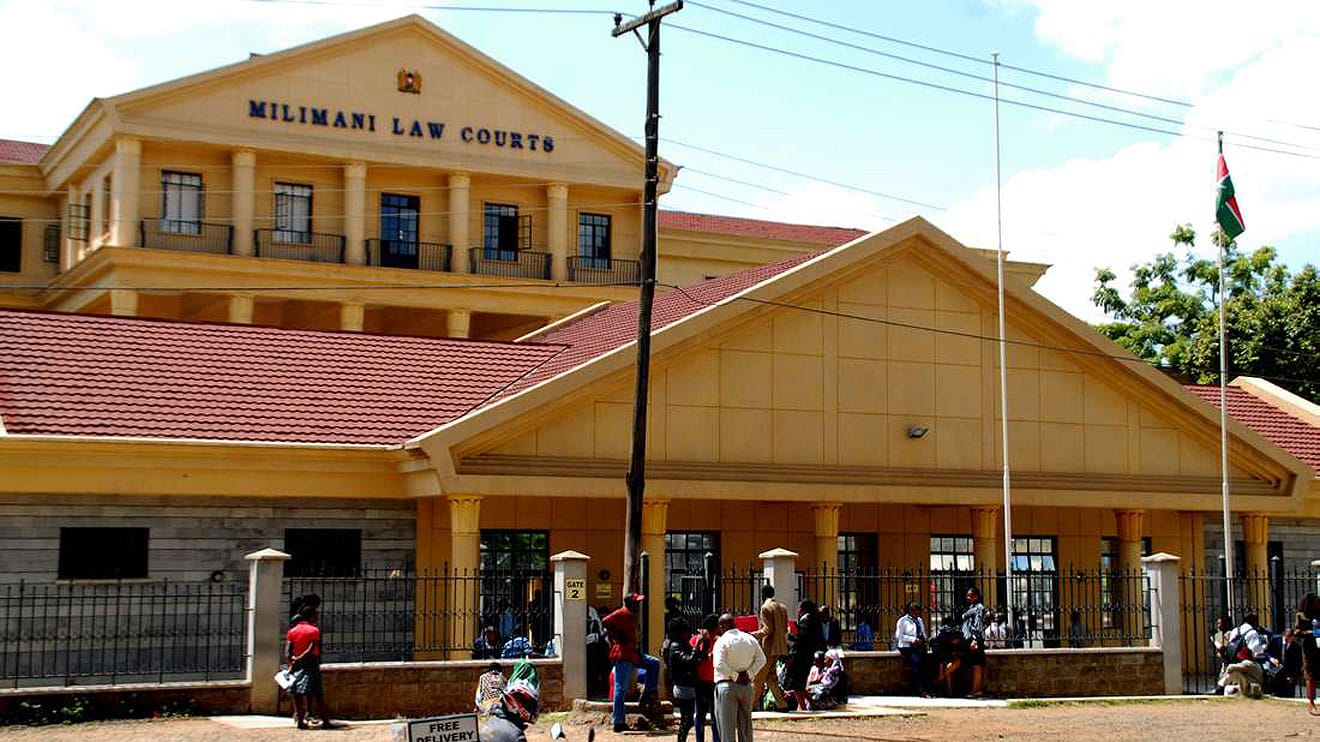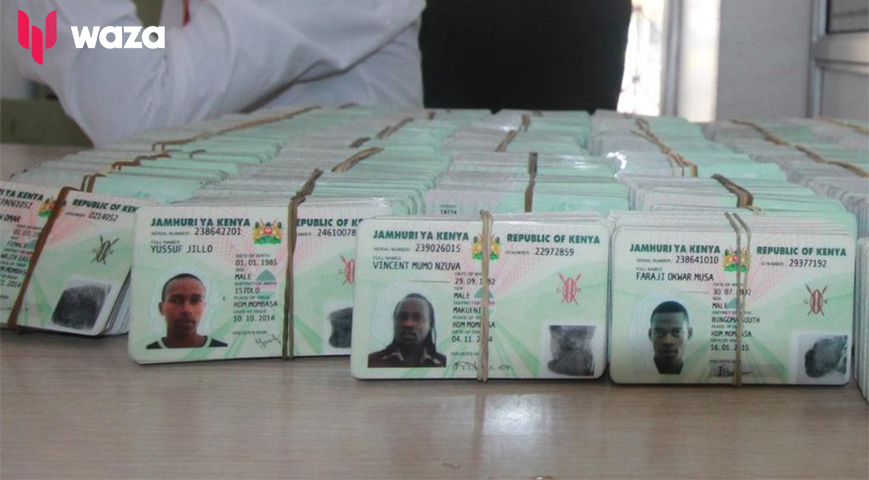The High Court has stayed the government's decision to register people and issue new generation ID cards pending the outcome of the Katiba Institute's case.
According to the Katiba Institute, the state has no legal basis for implementing the Maisha Namba, and the government has proceeded without requiring a state protection impact assessment, violating Section 31 of the Data Protection Act and the court ruling.
"The Maisha Number is meant to replace the stalled Huduma Namba rollout." Like the Huduma Number, the Maisha Namba requires Kenya to provide biographical and biometric information, such as date of birth, gender, facial image, parentage, and contact information.

According to the new proposals, the Maisha Namba will serve as a unique personal identification number assigned to Kenyan citizens upon registration, typically at birth. This number will serve as their personal identity number from birth to death.
Did you read this?
Maisha Namba will also serve as a birth certificate number for newborns, allowing them to register in educational institutions, NHIF, and eventually transition to an ID number once they reach the age of 18.
It will also be their Personal Identification Number (PIN) for future access to government services like KRA, NSSF, NHIF, and NEMIS.
This master database will manage data for all registered citizens, refugees, and foreigners using fingerprint biometric technology, improving data accuracy and reliability.

It will combine independent databases into a single integrated register that will serve as the central reference point for all data pertaining to Kenyan citizens and foreign residents in the country.
The Digital ID, however, will be a digital representation of an individual, organization, or device that typically includes personal attributes, credentials, and authentication.
Maisha Namba's Maisha card will essentially be a third generation ID that will replace the current second-generation ID. It will have enhanced security features, such as a microprocessor electronic chip that contains encrypted data, making forgery and manipulation nearly impossible.
- The card will include:
- The applicant's photo.
- An ID number.
- A card serial number.
- Biometric data.
- Biographic data.
- Residential information.
- Advanced security elements.
The government's decision to register people and issue new generation ID cards has been stayed by the High Court pending the outcome of the Katiba Institute's case.









